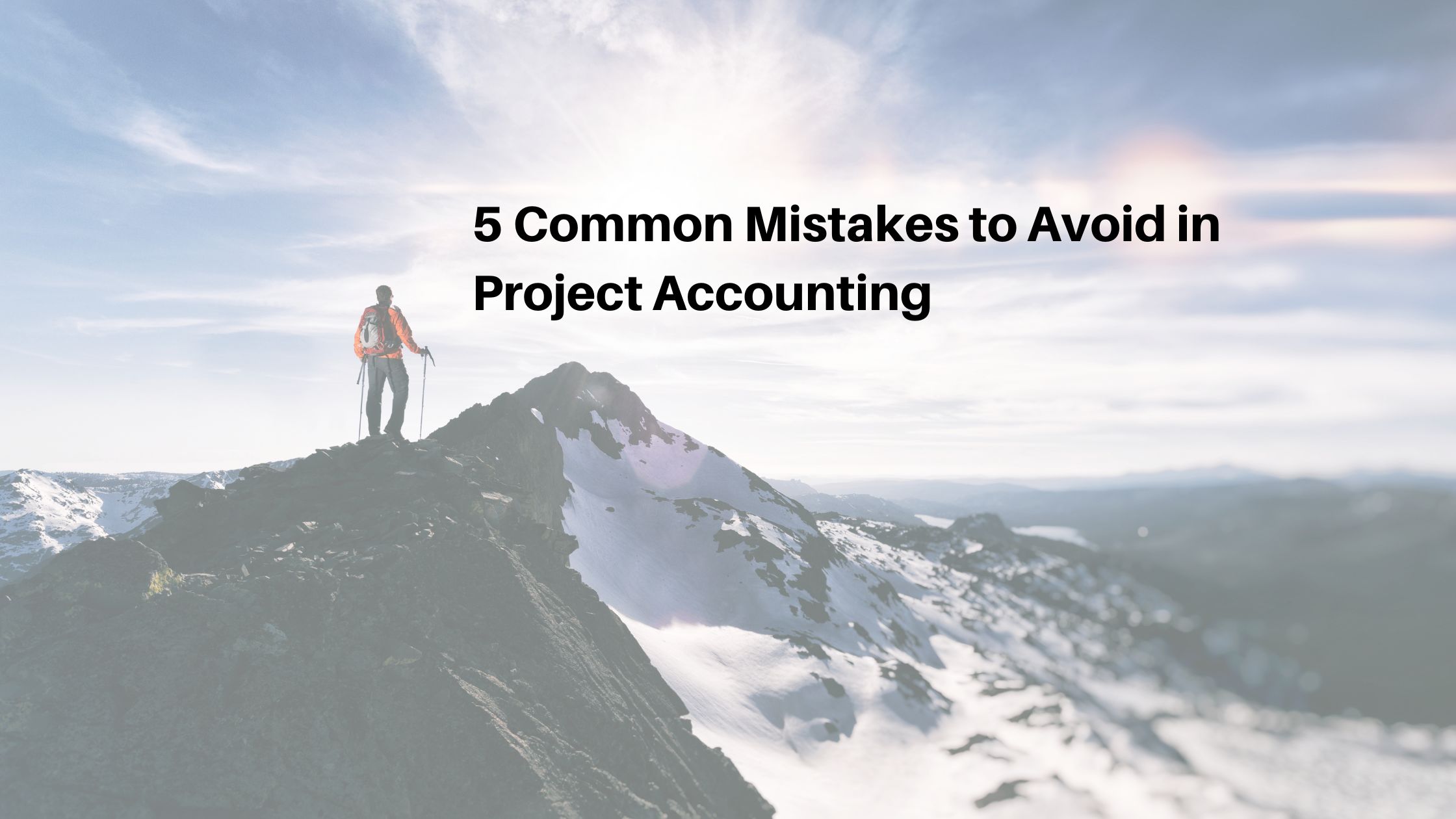How Monograph Streamlines Invoicing, Billing, and Reporting Processes
Discovering the Trick Attributes of Monograph Audit for Successful Accountants

Defining Monograph Accounting: A Comprehensive Overview
Monograph accounting stands for a specific technique within the more comprehensive area of financial coverage. This method highlights the systematic and comprehensive documents of financial deals and their ramifications. Unlike standard bookkeeping, Monograph audit is often tailored to special scenarios or particular markets, offering a focused structure for analysis and coverage. It enables accountants to dive much deeper right into certain areas, presenting an extensive sight that lines up very closely with organizational goals.
An essential attribute of Monograph audit is its flexibility; it can incorporate various accounting criteria and methods as required. This flexibility allows accountants to generate reports that are not just exact however additionally pertinent to stakeholders. In addition, the method frequently entails substantial research and evaluation of monetary data, ensuring that every facet is thoroughly recognized and documented. Therefore, Monograph accounting offers as an essential device for accounting professionals intending to supply informative economic analyses customized to details contexts.
The Significance of Clarity and Precision in Financial Coverage

Unclear or imprecise coverage can bring about illinformed approaches, deteriorated trust fund amongst investors, and governing analysis. Accounting professionals must focus on precision in their job, ensuring that numbers are diligently confirmed and financial narratives are meaningful. This not just cultivates transparency but likewise improves the total reliability of the organization.
Inevitably, clearness and precision in financial coverage are crucial for maintaining stakeholder confidence and promoting sustainable organization growth. Accountants play an essential duty in maintaining these requirements, making their expertise invaluable in navigating the intricacies of economic information.
Simplifying Decision-Making Processes With Monograph Accounting
Efficiency in decision-making processes is considerably enhanced with the concepts of Monograph accountancy. By combining thorough monetary data into a single, systematic framework, accounting professionals can rapidly access vital details required for notified choices. This method decreases the moment invested on information retrieval and interpretation, enabling for a more dexterous reaction to economic circumstances.
Monograph bookkeeping stresses clear classification and thoughtful organization of monetary deals, which reduces errors and miscommunication. When accountants utilize these concepts, they can offer economic understandings in websites an organized way, helping with conversations among stakeholders.
Furthermore, the standardization intrinsic in Monograph accounting makes it possible for seamless contrasts across various periods or departments, additionally aiding in strategic planning. This structured strategy not just maximizes the internal procedures of bookkeeping experts but also enhances the general organizational dexterity, equipping businesses to adjust to altering market conditions quickly.
Trick Advantages for Accountants and Their Clients
While adopting Monograph bookkeeping might require a preliminary financial investment of time and sources, the long-lasting advantages for both accounting professionals and their clients are significant. This accountancy method promotes improved precision and transparency, enabling accounting professionals to maintain clearer financial records. By settling info right into a singular story, customers get far better understandings right into their economic health, helping with notified decision-making.
Monograph accounting fosters stronger customer connections with boosted interaction. Accountants can offer economic information in a more digestible style, making it much easier for customers to recognize complex info. This clarity not only develops trust yet additionally urges positive economic administration
Additionally, the structured processes connected with Monograph accountancy reduce the likelihood of errors, which can save both time and cash. Ultimately, the integration of this strategy brings about extra reliable operations, making it possible for accountants to provide higher top quality solution while equipping clients with improved economic understanding and control.
Practical Applications of Monograph Audit in Different Industries
In what methods can monograph accountancy transform this page different markets? By providing a concentrated and extensive method to financial coverage, Monograph accountancy improves quality and precision throughout varied markets. In healthcare, for example, it assists in the specific monitoring of person expenses and source allotment, ultimately enhancing economic administration. The production field gain from its structured analysis of manufacturing costs, enabling much better pricing strategies and productivity evaluations.
In the retail industry, Monograph audit assists in supply management and sales forecasting, helping companies enhance stock levels and lower waste. In the not-for-profit industry, it aids in transparent reporting of grant financing and resource utilization, cultivating trust among stakeholders. In general, Monograph accountancy's customized methodologies enable companies these details to achieve financial openness and functional performance, making it an important tool throughout various sectors. Its adaptability makes sure that organizations can meet details audit demands while keeping compliance with guidelines.
Often Asked Concerns
What Software Is Ideal for Implementing Monograph Accountancy?
The ideal software program for carrying out Monograph accountancy includes copyright, Xero, and Sage. These systems offer extensive attributes tailored for efficient monitoring, reporting, and monitoring of monetary data, promoting streamlined bookkeeping processes for specialists.
How Does Monograph Audit Differ From Conventional Accounting Methods?
Monograph bookkeeping concentrates on private tasks or customers, stressing thorough monitoring and reporting for certain entities, while conventional accounting aggregates data throughout all entities, focusing on total monetary wellness instead than project-specific understandings and performance.
What Are Typical Obstacles Accounting Professionals Face With Monograph Bookkeeping?
Accounting professionals frequently encounter challenges with Monograph accounting, including complexity in financial reporting, integration with existing systems, making sure compliance with guidelines, adapting to one-of-a-kind client needs, and handling the comprehensive documentation needed for precise assessments.
Exist Particular Rules Governing Monograph Accounting Practices?
Yes, particular guidelines often regulate Monograph accountancy practices, consisting of adherence to nationwide accountancy criteria, compliance with tax obligation policies, and industry-specific guidelines. Accounting professionals should stay educated to ensure their methods line up with these established frameworks.
Exactly How Can Accountants Stay Upgraded on Monograph Bookkeeping Trends?
Accountants can remain upgraded on Monograph accountancy patterns by registering for market magazines, going to pertinent workshops and meetings, taking part in professional organizations, and engaging with online discussion forums dedicated to accountancy requirements and best methods. (Monograph For AE)
Monograph accounting presents a distinct framework that improves monetary reporting for accountants. Unlike typical bookkeeping, Monograph accountancy is often customized to details sectors or special situations, offering a focused framework for analysis and reporting. A vital function of Monograph accounting is its versatility; it can include numerous accounting criteria and practices as required. By providing a concentrated and detailed approach to economic coverage, Monograph bookkeeping enhances clarity and accuracy across diverse industries. Yes, details regulations typically control Monograph accountancy methods, consisting of adherence to national audit requirements, conformity with tax guidelines, and industry-specific standards.